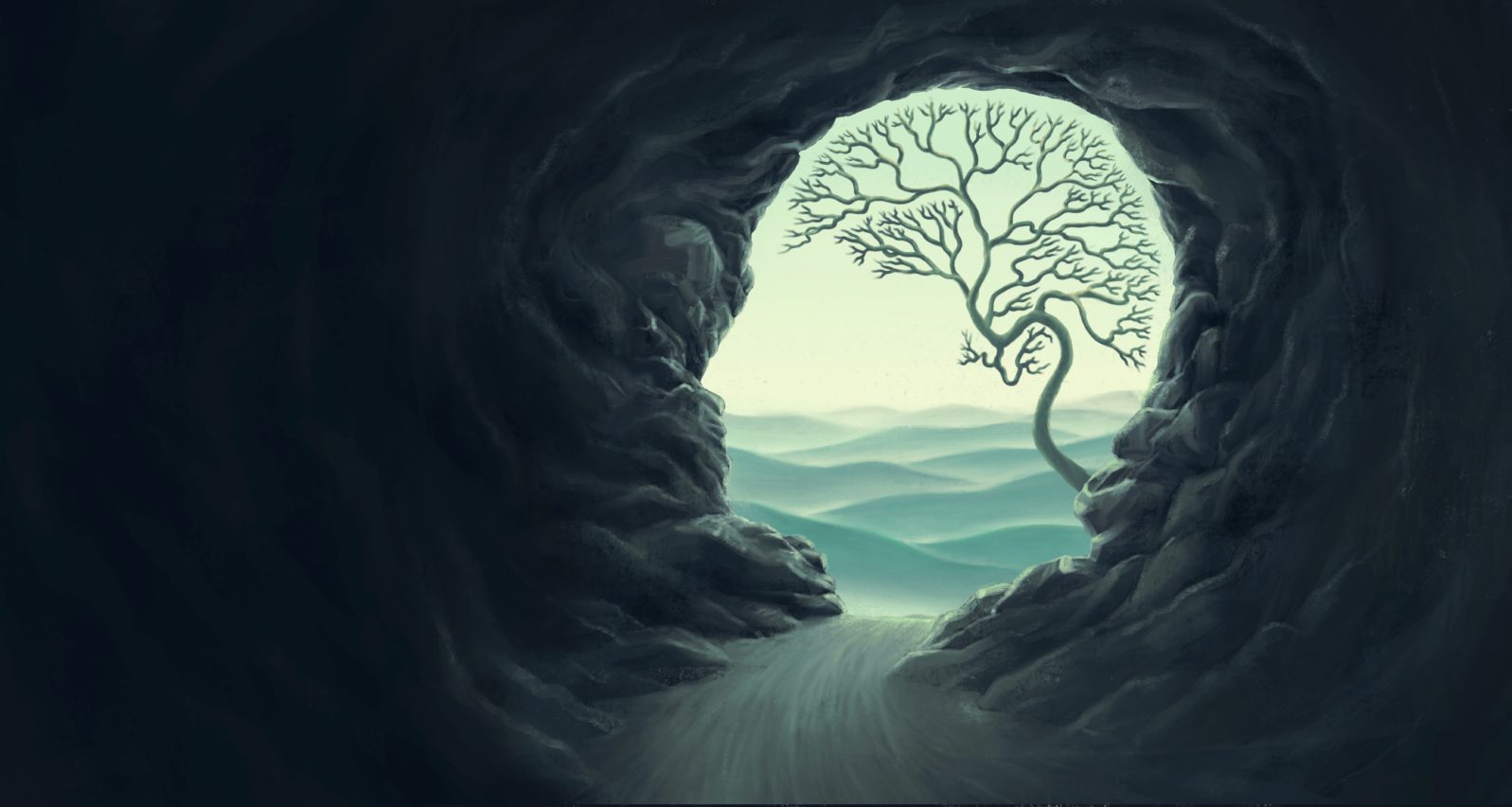Can an Atheist Believe in Life After Death?
An atheist philosopher makes the case at Closer to TruthCanadian philosopher J. L. Schellenberg is an atheist but in 2021, he made a case for life after death to Robert Lawrence Kuhn at Closer to Truth (Is Death Final? February 12, 2021, 6:51 min).
Schellenberg’s approach is what he calls ultimism. In the words of a team of reviewers of his book on the subject, The Wisdom to Doubt (Cornell 2007),
“Ultimism,” the claim — a kind of lowest common denominator of any serious religion — that there exists a reality that is both “ultimate” (of unsurpassable metaphysical greatness) and “salvific” (crucial to our deepest flourishing as humans). Schellenberg argues that reason requires us to withhold belief about whether Ultimism is true or false. Such “religious skepticism” is, as he presents it, a religiously serious stance, giving our best hope for — eventually — finding truth about the Ultimate.
Stephen Wykstra and Timothy Perrine, “The Wisdom to Doubt: A Justification of Religious Skepticism,” Notre Dame Philosophical Reviews, July 16, 2008
But how does ultimism bear on the idea of life after death? That’s what Kuhn wanted to know.
Kuhn: (0:36) You’re an atheist and yet you’re not quite as willing as others to dismiss life after death. Why is that?
Schellenberg: I’ve gone back and forth on this afterlife question. I feel the tug that you mentioned from science and from the great influence that science has in our culture but precisely because of how great that influence is, I’m also inclined to wonder whether there might be something that we’re missing and to be open to at least thinking about how it could
be such a thing as life after death.
Schellenberg describes himself as more of a skeptic that death ends everything rather than a disbeliever in the idea. His first big issue is human consciousness.
Schellenberg: (1:42) But I think that we still may have a very long way to go in trying to understand consciousness and consciousness, of course, is at the heart of the afterlife question. So I’m a skeptic about the nature of consciousness. How can I help but be a skeptic about the afterlife instead of a disbeliever?
He doesn’t spell it out clearly but there is no good evidence that the human ability to reason and exercise free will are material things. There is much evidence to suggest that they are immaterial ones. Immateriality is one of the characteristics of things that do not die, like the concept of honesty or the number 11. He offers another issue as well:
Schellenberg: (2:52) But one of the implications I’ve had to face up to, one of the implications of ultimism, is that there is an afterlife for at least some of us.
Why? Well, because it just strains credulity to think that some of the people who have lived on this planet who have died perhaps very early, who have lived very horrendous lives of one sort or another, that they should really have had access to soteriological … a religious ultimate then there must be an afterlife. That’s an implication.

Kurt Gödel (1906–1978), a much more mathematical thinker than Schellenberg , thought along the same lines. One of his arguments for immortality was that human potential so far exceeds the actual performance that there must be another realm in which it flowers more fully. But Kuhn isn’t impressed.
Kuhn: (4:07) Well, you could have an ultimism that just has metaphysical foundations of the universe or the laws of physics or have some root fact of existence and there’s nothing else behind it, that there is no values in the world. Everything is all chance and that we therefore have no personal connection…
Schellenberg: (4:26) You could have what would probably be called an ultimate reality that way; it would just be a thinner one…
Materialist atheism, as set out by Kuhn, entails that humans are wholly material and thus disintegrate at death. But why should we assume that there is “nothing else behind” our remarkably finely tuned universe and “no values” in the world? That view is imposed on the evidence, not derived from it.
Schellenberg: (5:52) Well, … I think at present that ultimism entails that there is an afterlife at least for some of us. I mean some of us have a pretty good go at things in this life but plenty of us don’t and so there would need to be an afterlife in order for the potential of such individuals to have any hope of being realized and I think that religion promises that the potential of all of us at least can be realized.
Kuhn: (6:18) I’d go with you to the conclusion except I can’t differentiate. You can have the greatest life in the world; you could be the king of Persia for 80 years or 100 years and if you’re losing eternity, that’s as if nothing. So afterlife is for everybody or for nobody — everybody or nobody.
—
Surely Kuhn is right here. If the human soul has an immortal component, it’s not at all clear why only some humans would be immortal. That wouldn’t make sense. One scholar has described Schellenberg’s ultimism as “a philosophy wanting to be a religion,” but whether that is so or not, there are some kinks to iron out first.
It appears, however, that an atheist can believe, provisionally, in the immortality of the soul if the materially inexplicable nature of the human mind is accepted as a reality.
Watch for The Human Soul: A neurosurgeon’s case for immortality by Michael Egnor and Denyse O’Leary (Worthy, June 2025).
